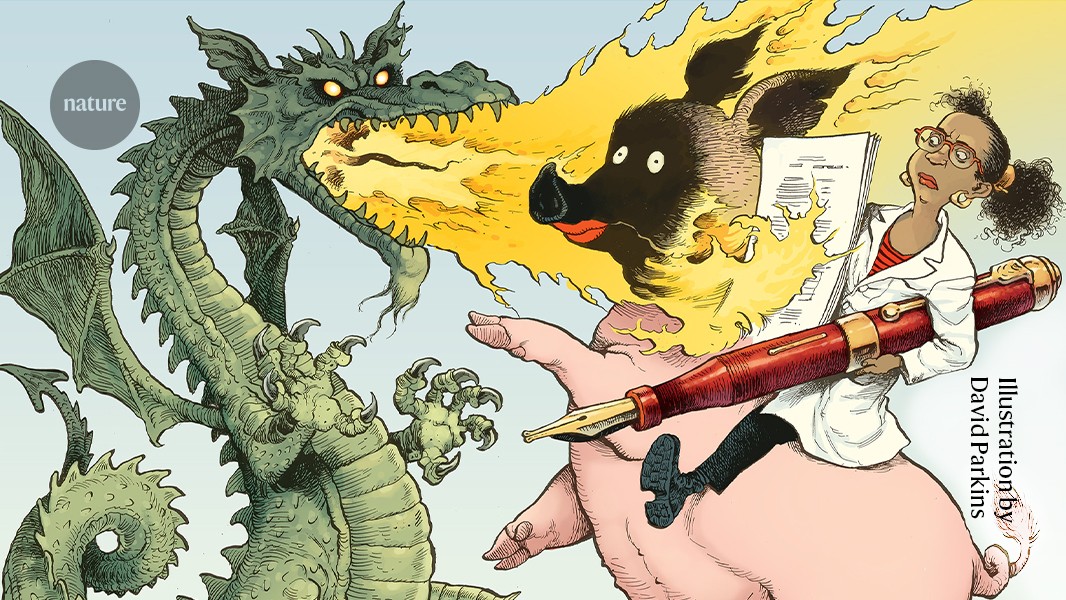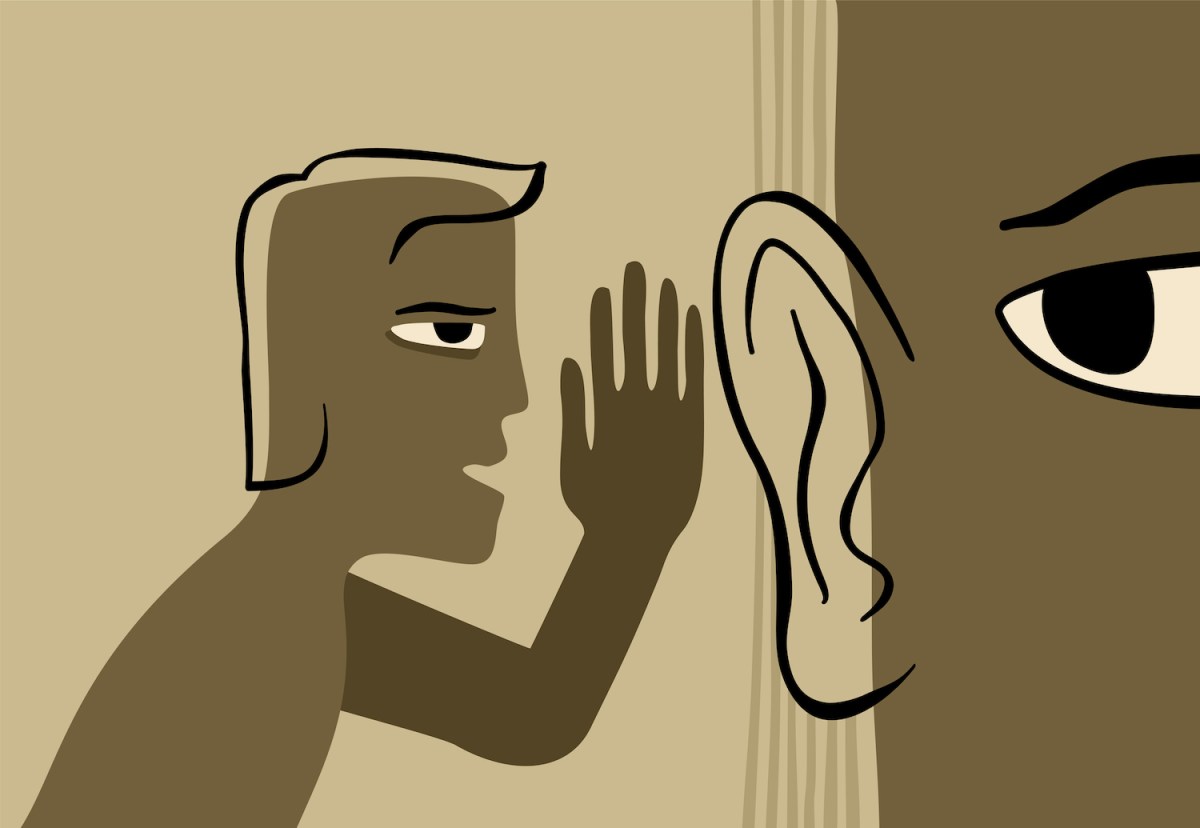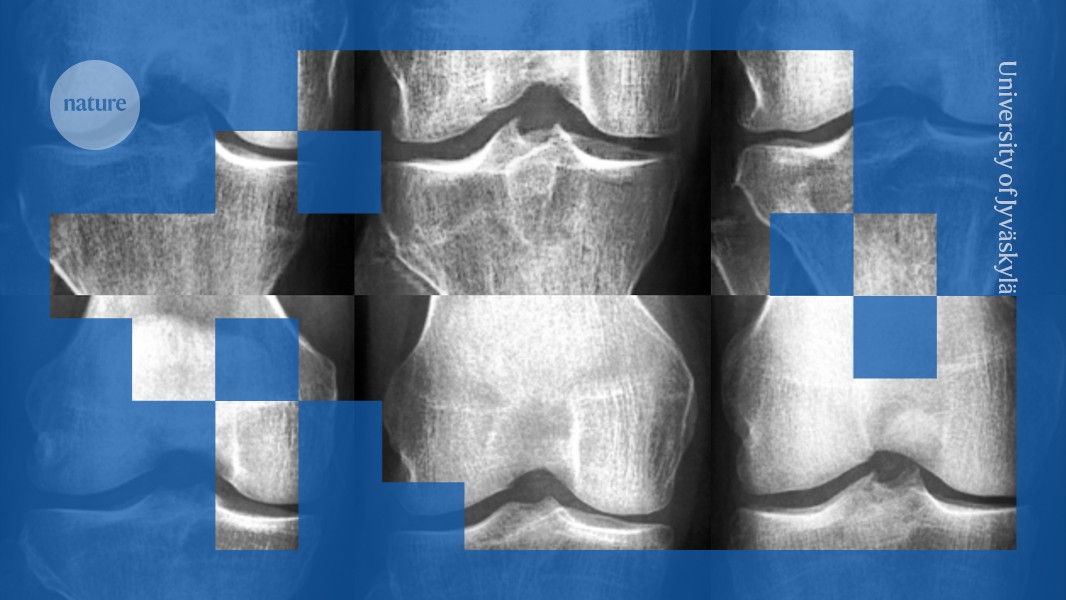#research-integrity
#research-integrity
[ follow ]
#peer-review #academic-publishing #scientific-publishing #artificial-intelligence #ai #public-health
Artificial intelligence
fromNature
4 days agoAI chatbots are infiltrating social-science surveys - and getting better at avoiding detection
AI chatbots can impersonate human survey respondents and threaten the validity of online social‑science research unless survey platforms strengthen fraud detection.
fromNature
2 months agoA ten-year drive to credit authors for their work - and why there's still more to do
A decade ago, we and others launched a tool for clarifying the roles of each author of a research paper. The Contributor Role Taxonomy (CRediT) includes 14 types of contribution, from conceptualization to software and data curation. It was designed to prevent questionable authorship practices and make it easier for researchers to demonstrate the diversity of their contributions to science, among other benefits.
Higher education
Medicine
fromInside Higher Ed | Higher Education News, Events and Jobs
2 months agoHundreds of Cancer, Infectious Disease Trials Disrupted by NIH Cuts
NIH grant funding cuts disrupted over 380 clinical trials and tens of thousands of participants, jeopardizing trial progress, data quality, and participant safety.
Science
fromNature
2 months agoInfluential list of highly cited researchers now shuts out more scientists: here's why
Clarivate revised HCR methodology to exclude papers tied to authors removed for integrity issues, reducing coauthor rewards and restoring mathematics after prior exclusion for suspicious citation patterns.
Medicine
fromwww.nature.com
2 months agoAuthor Correction: TNF-mediated inflammatory skin disease in mice with epidermis-specific deletion of IKK2
Figure 1b contained an inadvertent duplication of IKK2 spleen bands appearing as IKK1 in MEFs; raw data confirm correct spleen IKK2; supplementary files update record.
fromNature
4 months agoChina's research hospitals push for prominence
China increased its investment in science by more than 3,800% between 1996 and 2023, says Bilal Demirel, who studies science and innovation at the Rathenau Institute in The Hague, the Netherlands, and is now coming close to matching what the United States spends. With China currently increasing its annual R&D budget by 7% - while US funding looks set to fall under President Donald Trump - there is every chance China will lead on research investment in the coming years.
Medicine
fromNature
4 months agoHow autism research quietly advanced this week despite talk of Tyenol link
Scientists moved a step closer to understanding the complex causes of autism this week. Although all of the headlines went to US President Donald Trump's poorly evidenced statements that the painkiller acetaminophen is linked to the neurodevelopmental condition, his White House autism event brought welcome - and largely overlooked - news to scientists: the US National Institutes of Health (NIH) is investing US$50 million in an unusual autism-research effort.
Science
fromNature
5 months agoTrump called for 'gold-standard science': how the NIH, NSF and others are answering
The new policies are the agencies' first response to two White House executive orders that directed agencies to put political appointees in charge of decisions about science funding and integrity. The policies could shape the work of the nearly 300,000 scientists and engineerswho work for federal agencies and the almost US$200 billion of science funded by the US government.
Science
fromwww.nature.com
6 months agoAuthor Correction: Immune evasion through mitochondrial transfer in the tumour microenvironment
In the version of the article originally published, there were calculation and transcription errors in the data for Fig. 5g, Extended Data Fig. 7c,g and Extended Data Fig. 8e. The corrected data has led to minor changes in the graphs.
fromNature
6 months agoMetascience can improve science - but it must be useful to society, too
The Metascience Alliance is a coalition of more than 25 funders, academic groups, companies and other institutions that pursue metascience: the use of scientific methods to understand and improve science itself.
Science
Science
fromNature
7 months agoDaily briefing: 'A necessary evil' - Cutting off rhinos' horns to deter poachers really works
Rhino horn removal reduces poaching by 78% on reserves.
The African Space Agency coordinates several initiatives to monitor climate change and support agriculture.
Sierra Leone faces a mpox outbreak with potential regional implications.
fromwww.cbc.ca
8 months agoN.J. firm made misleading websites in names of multiple Canadians and an alleged CRA scammer | CBC News
"Arriola's name does not appear on the original publication in the 20 most recent entries on his profile and a university professor confirmed he was not involved."
Privacy professionals
[ Load more ]


















